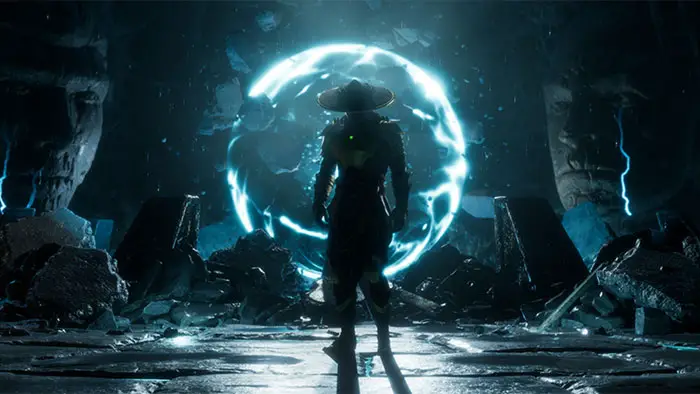
All the “buttons” of “Shelf Life” are easy to identify. There’s the war of minds and wills between sober and former drug user, Nikki (Betsy Brandt) and Betty (Elisa Bocanegra), the head of the small-town library which provides the backdrop, a rather unique one at that. Besides this, Nikki’s a “punk” kind of girl, out there, a loner, maybe or maybe not trying to feel her way back into society, to figure out where she belongs. She’s not actively searching for it at the moment, just drifting through. Meanwhile, Betty is the supposedly staid, upstanding woman who sees the library as her life. She proudly points out her family members on the “Bonhauser Family Tree”, all of whom were involved in library service, right to a great-grandmother who received a degree in library science when it wasn’t required. In reality, Betty is an unpleasant, prejudiced queen bitch who doesn’t make the library worth patronizing. Looks like a change is needed, right?
Naturally, there has to be conflict and we get it right away when the two sit in front of a mediator, us, blackened with soot, and bickering back and forth. Then the story unfolds and we learn of Nikki’s first day at the library, of which Betty is peeved because she wasn’t able to hire her. Because of where she had previously come from, and there was obviously the need to have her do something useful in the community, her Uncle Tommy (William Jones) set her up with a bookshelving job at the library. It all seems easy enough. Nikki will be taken aback and disgusted at Betty’s actions, Betty will see what she is doing as “righteous” and “good”, even when she snaps at children to pay attention during storytime. And of course Betty has to be a hypocrite in some form. A forbidding character like her simply can’t be that way just to bring conflict in to keep it all moving along.
Betty’s reasons for being the way she is, is never explored and that’s fine. Even with all that “Shelf Life” presents which has been done before, it’s different, it’s smart, and it’s good entertainment because of Brandt and even to some extent, Bocanegra. She’s of value for bringing Betty to disturbing fruition, and allowing us to deflect our attention to Nikki when her performance becomes too much to be believed, even for a comedy. Brandt, who looks like Mary Stuart Masterson in “At Close Range” crossed with Ally Sheedy towards the end of “The Breakfast Club”, radiates charm even when she’s closed off from the world, told by her uncle not to screw things up for him in his running for mayor. It doesn’t affect her all that much mainly because she knows what we know. He looks like a schmuck.
The library is small enough to include only one more employee, in Ronald (Joe Smith) who has obviously endured too much of Betty and there’s a guy in there somewhere, but for now, he stutters and stammers at times, getting the words out, and of course Nikki is there to try to help him regain some confidence. Writer/director Tamar Halpern, who cast Brandt in her “Memphis Bound… and Gagged” four years ago, truly knows what Brandt is. She not only carries the major portions of “Shelf Life”, but the chosen music threaded throughout reflects who Nikki is at a given time, and seems exactly like the music she would listen to.
“Shelf Life” is different from all the other movies involving warring personalities in that the ending asks a question not considered by the others. It wonders if we are merely split personalities of each other. Clearly, between Nikki and Betty, one would have to eventually kill the other if not for unknowing barriers like Ronald and Sergeant Knofelmacher (Bonnie J. Kirk), the security guard brought in by Betty to keep an eye on her office supplies and Nikki. Nikki also encounters an old high school fling in Jarrett (Ryan Spahn) who suddenly shows up at the library, obviously representing her old life, but giving Brandt even more of a chance to be terrific, in eventually doing what we know will be done. Brandt and Halpern have a way with each other. Halpern gives Brandt time on screen and in turn, Brandt helps provide a lively sheen over the shortcomings of the screenplay. It’s not often that predictability is so enjoyable, but here’s a new fine and fond example.
